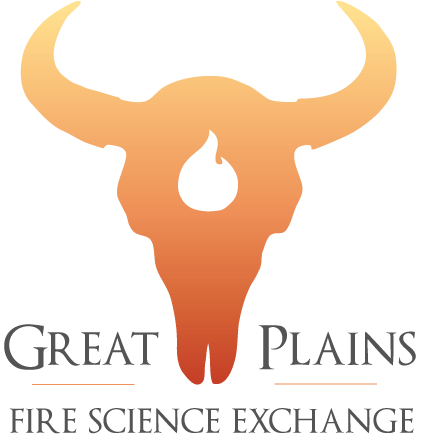Publications
Why burn? Prescribed fire is a safe, effective, and economical way to enhance native rangelands. Learn more about Prescribed Fire’s benefits to nature, livestock, and it’s role in helping reduce wildfire risks.
Read More
Can prescribed fires mitigate health harm? A review of air quality and public health implications of wildfire and prescribed fire (attached) American Lung Association
Read MoreGrasslands occur on all of the continents. They collectively constitute the largest ecosystem in the world, making up 40.5% of the terrestrial land area, excluding Greenland and Antarctica. Grasslands are not entirely natural because they have formed and developed under natural and anthropogenic pressures.
To learn more, click on the pdf below.
Read MorePrairie Protector, a computer game conceived by University of Nebraska–Lincoln faculty and developed by Husker undergrads from the School of Computing, Department of Biological Systems Engineering and Hixson-Lied College of Fine and Performing Arts. The game’s simple 2D graphics and gameplay mechanics belie a grander vision: spreading the word about an invader that is endangering native plant and animal species, the livelihoods of ranchers, even the financial security of Nebraska’s public schools.
Read More
With delightful collage illustrations and additional informative text, this showcase of the animals, flora, and fauna native to the prairie in Badlands National Park, South Dakota is solid science fun!
Read More
